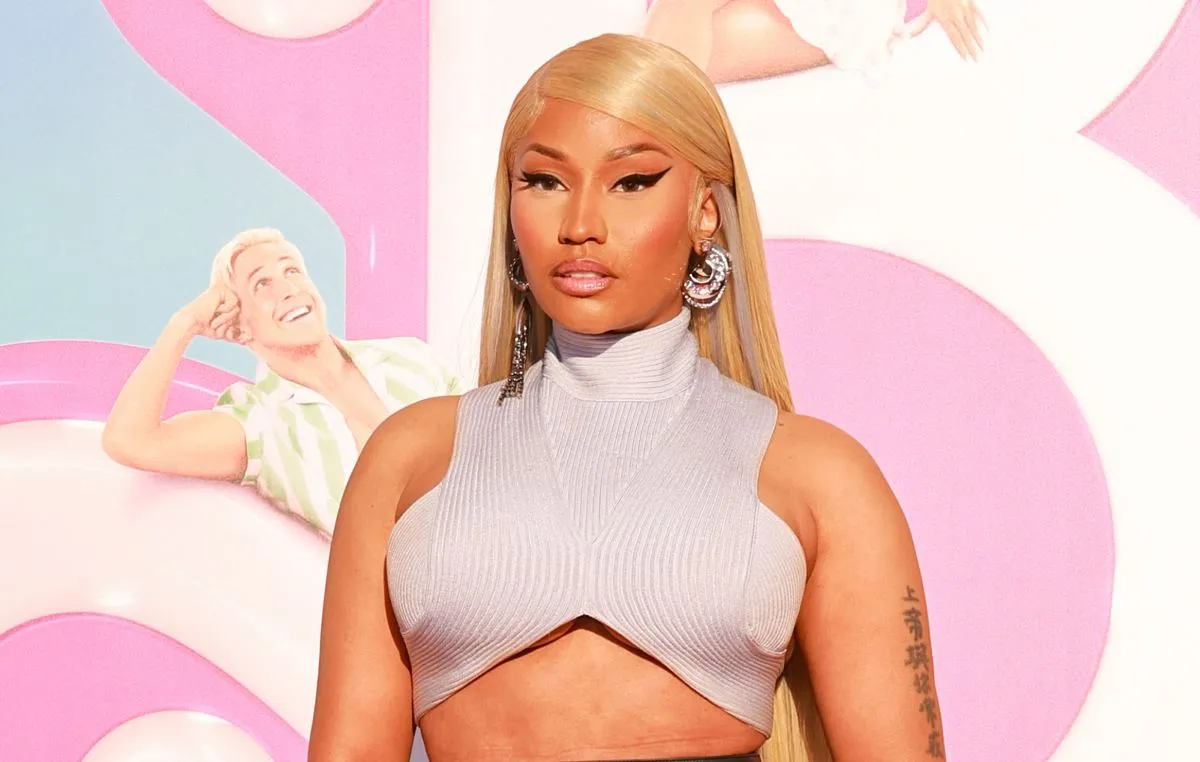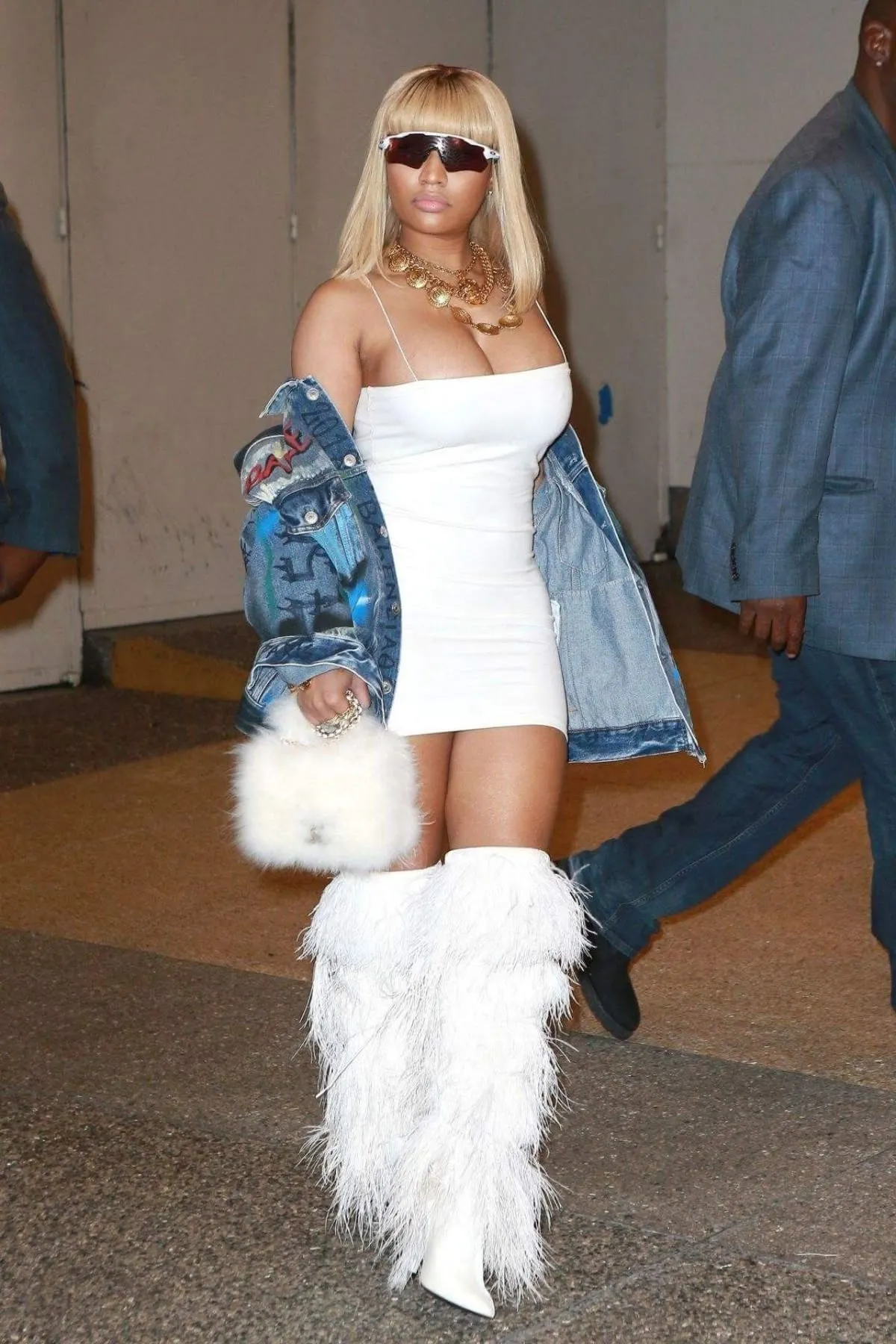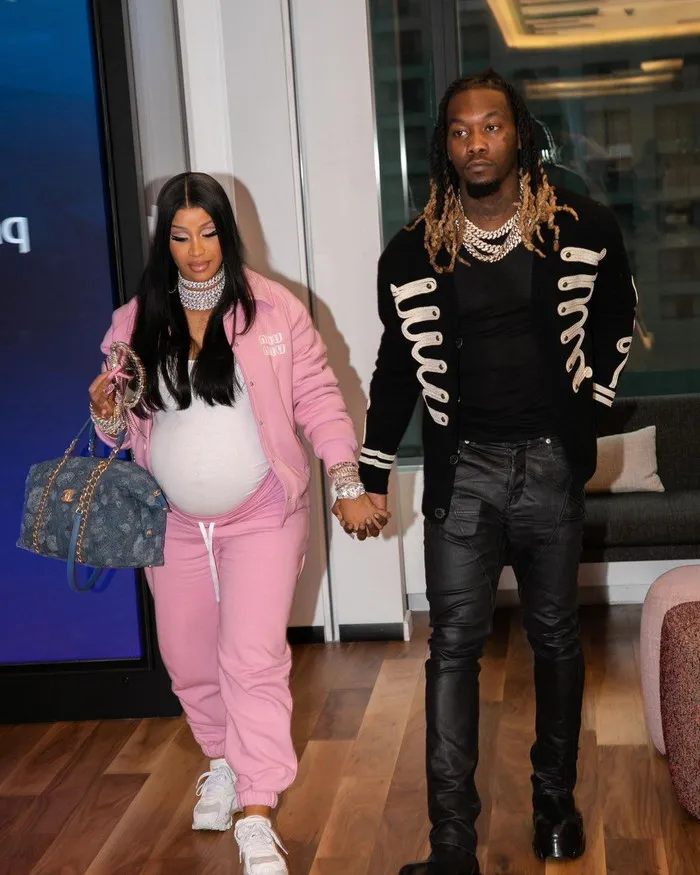
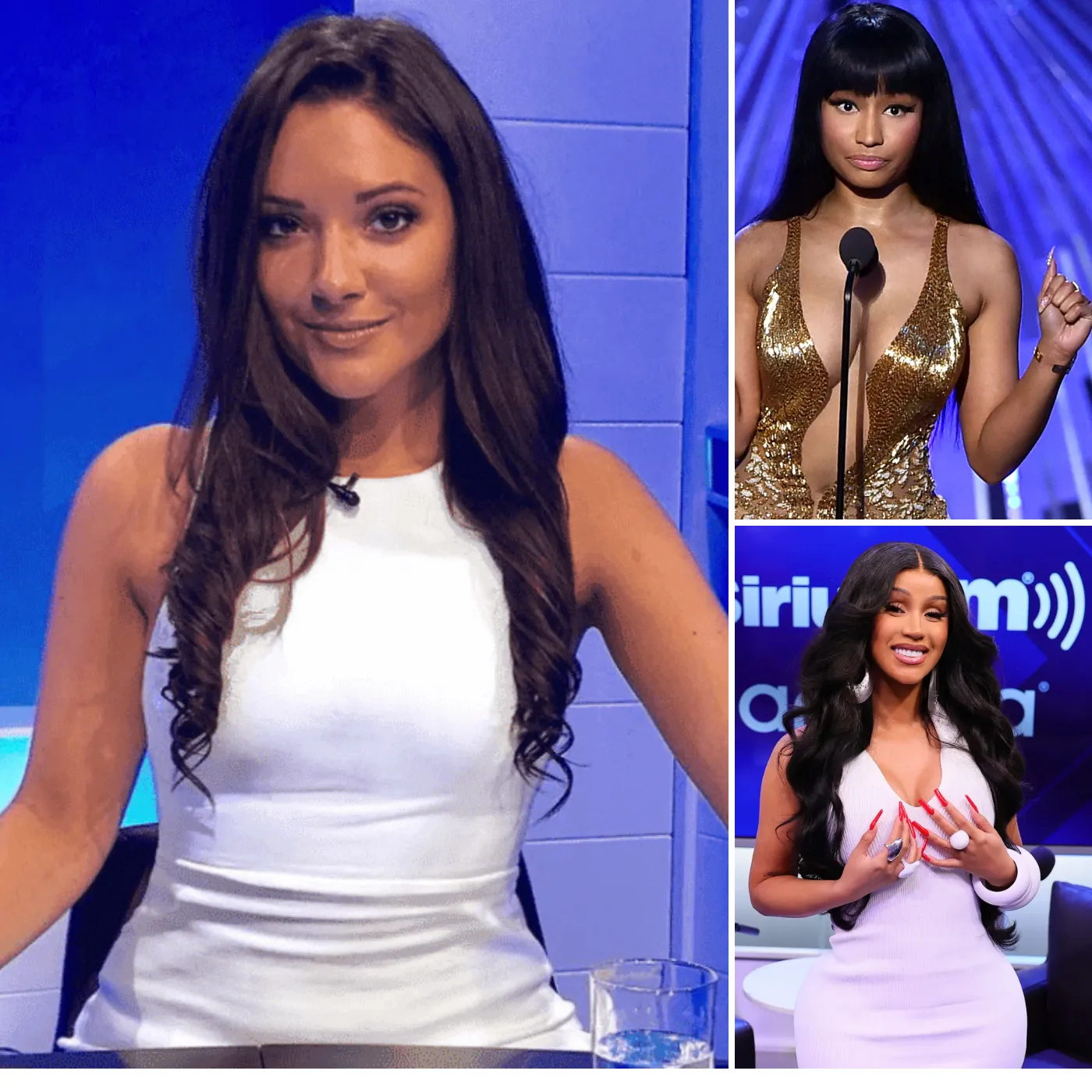
Layah Heilpern Criticizes Nicki Minaj and Cardi B for Their Bad Influence on Youth
In the ever-evolving world of social media and celebrity culture, few figures stir as much debate as Nicki Minaj and Cardi B. Both are icons in the hip-hop and entertainment industries, with millions of fans around the globe. However, not everyone is impressed by their influence. Layah Heilpern, a rising media personality and commentator, has publicly called out both rappers for what she considers a negative impact on the younger generation. But what prompted Heilpern to make such bold claims?
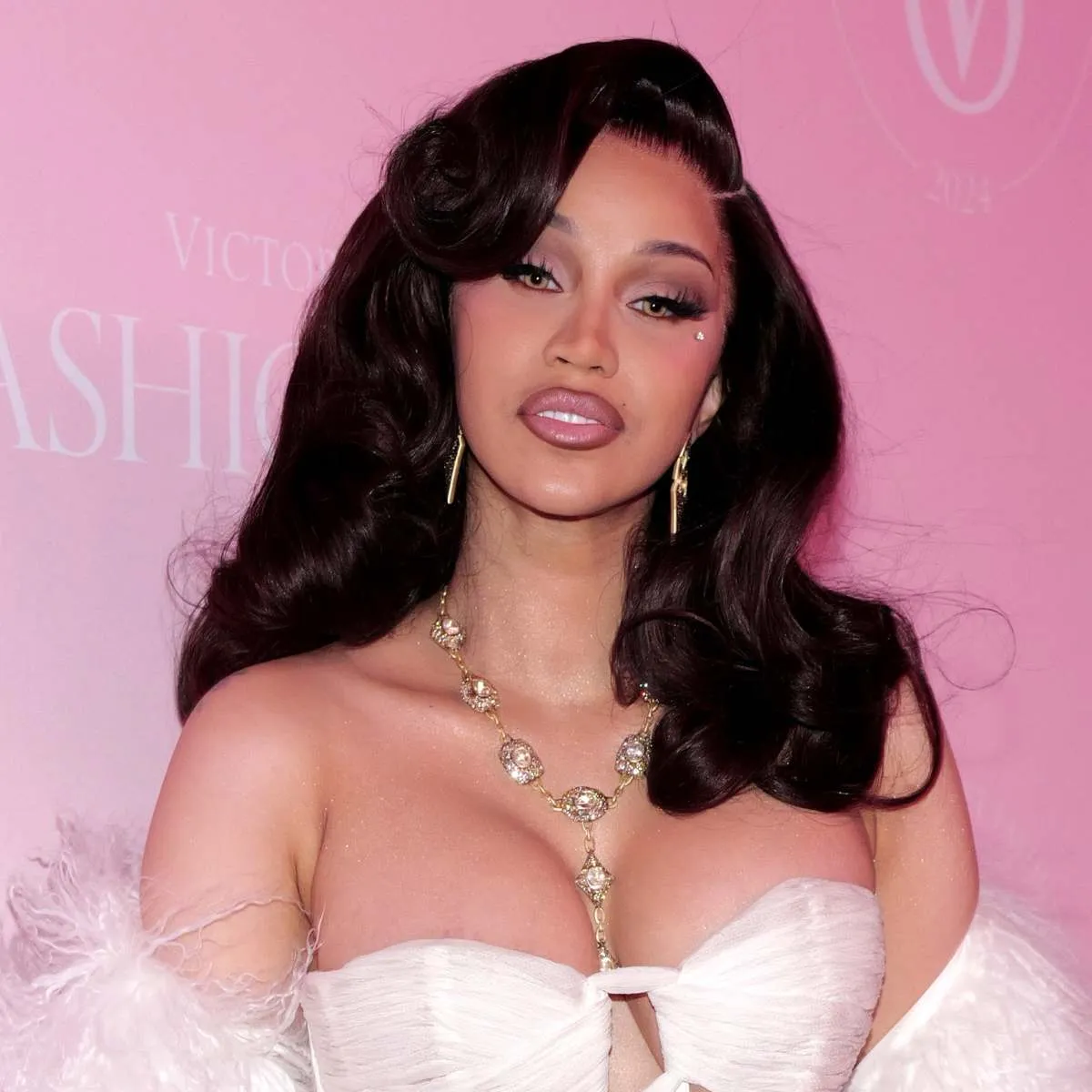
Table of Contents
The Criticism: What Did Layah Heilpern Say?
Layah Heilpern, known for her outspoken views and commentary, did not hold back when discussing Nicki Minaj and Cardi B’s influence on youth. In a recent viral interview, Heilpern stated, “These women have immense power, but they’re using it irresponsibly. The way they portray themselves and promote unhealthy behaviors—sexualization, materialism, and violence—is damaging to the younger generation.”
The comment instantly sparked controversy. Fans of both Nicki Minaj and Cardi B came to their defense, accusing Heilpern of misunderstanding their artistic expression and messages. However, Heilpern doubled down, claiming that the level of influence these artists wield is something that can’t be overlooked.
“Their music and personas have become a template for what it means to be a woman today, but it’s the wrong template,” Heilpern argued. “Young girls look up to them and want to emulate their lifestyles, but this creates unrealistic expectations, and it’s problematic.”
What Is the Impact of Their Influence on Youth?
Both Nicki Minaj and Cardi B have built careers around bold personas that break societal norms. Nicki Minaj, known for her daring fashion and often explicit lyrics, has created a world where confidence and power are part of her appeal. Cardi B, on the other hand, came from humble beginnings and rose to fame with her unapologetic attitude and raw authenticity. These two women have undeniably reshaped the music industry and influenced millions of fans, but Heilpern’s criticism highlights a growing concern.
Many argue that the sexualization in their music videos, lyrics, and social media posts can create a warped image of womanhood for young girls. They see stars like Cardi and Nicki embracing their sexuality in ways that seem empowering, but critics, including Heilpern, believe it can also encourage a shallow, materialistic view of life.
The issue, according to Heilpern, is the effect these portrayals have on the mental health and self-esteem of young fans who idolize them. “There’s a fine line between empowerment and exploitation,” Heilpern continues. “We need to ask ourselves, are these artists really empowering women, or are they exploiting them for entertainment and profit?”
A Complex Debate: Empowerment or Exploitation?
The question of whether Nicki Minaj and Cardi B are empowering or exploiting their fans is not a simple one. Both women have repeatedly emphasized their independence, resilience, and success, which are often seen as empowering messages, especially for women in a male-dominated industry. They have both advocated for financial independence and challenged societal norms about female sexuality, which has resonated with many young fans.
However, the line between empowerment and exploitation remains blurry. For some, Minaj and Cardi B’s actions are seen as a reclamation of their bodies and identities, while others feel that these portrayals can contribute to a dangerous culture of objectification and hypersexualization. This debate has divided fans and critics alike.
Some argue that Heilpern’s views fail to take into account the empowerment that comes with owning one’s narrative. Nicki Minaj herself has long claimed that her sexually charged image is an expression of freedom, not exploitation. Similarly, Cardi B has often defended her choice to embrace her body and sexuality, challenging double standards in the music industry and beyond.
The Larger Conversation: Responsibility and Influence in the Spotlight
The bigger question raised by Heilpern’s comments is the responsibility of celebrities, especially those with such massive followings. With the power to shape culture and influence millions, do Nicki Minaj and Cardi B have a responsibility to be more mindful of the messages they send to their young, impressionable audiences? Or should they be allowed to express themselves freely without criticism?
As with any conversation around celebrity influence, the answers are not clear cut. Celebrities are entitled to express themselves however they see fit, but the consequences of their actions—particularly on social media, where their fans are constantly consuming their content—are far-reaching. The fact remains that Nicki Minaj and Cardi B have built their careers around controversial, boundary-pushing personas, and their influence extends beyond music. It shapes the way their fans view themselves, their relationships, and the world around them.

For Heilpern, the call for responsibility is urgent. “It’s not about silencing these women; it’s about having a larger conversation about the kind of influence they’re wielding. We need to acknowledge the power they have and how it’s affecting the next generation.”
Conclusion: The Ongoing Debate
Layah Heilpern’s criticisms of Nicki Minaj and Cardi B have added fuel to the fire of a longstanding debate about celebrity culture, female empowerment, and the influence of social media on youth. While there’s no easy answer, Heilpern’s comments have sparked important discussions about what it means to be a positive role model in today’s entertainment industry.
As the debate continues, one thing is clear: the influence of artists like Nicki Minaj and Cardi B is undeniable, but the question of whether it’s ultimately positive or harmful remains up for debate. For now, both sides will continue to make their case, but Heilpern’s criticism has undeniably sparked a conversation about how we view and understand the power of celebrity in shaping our culture.








